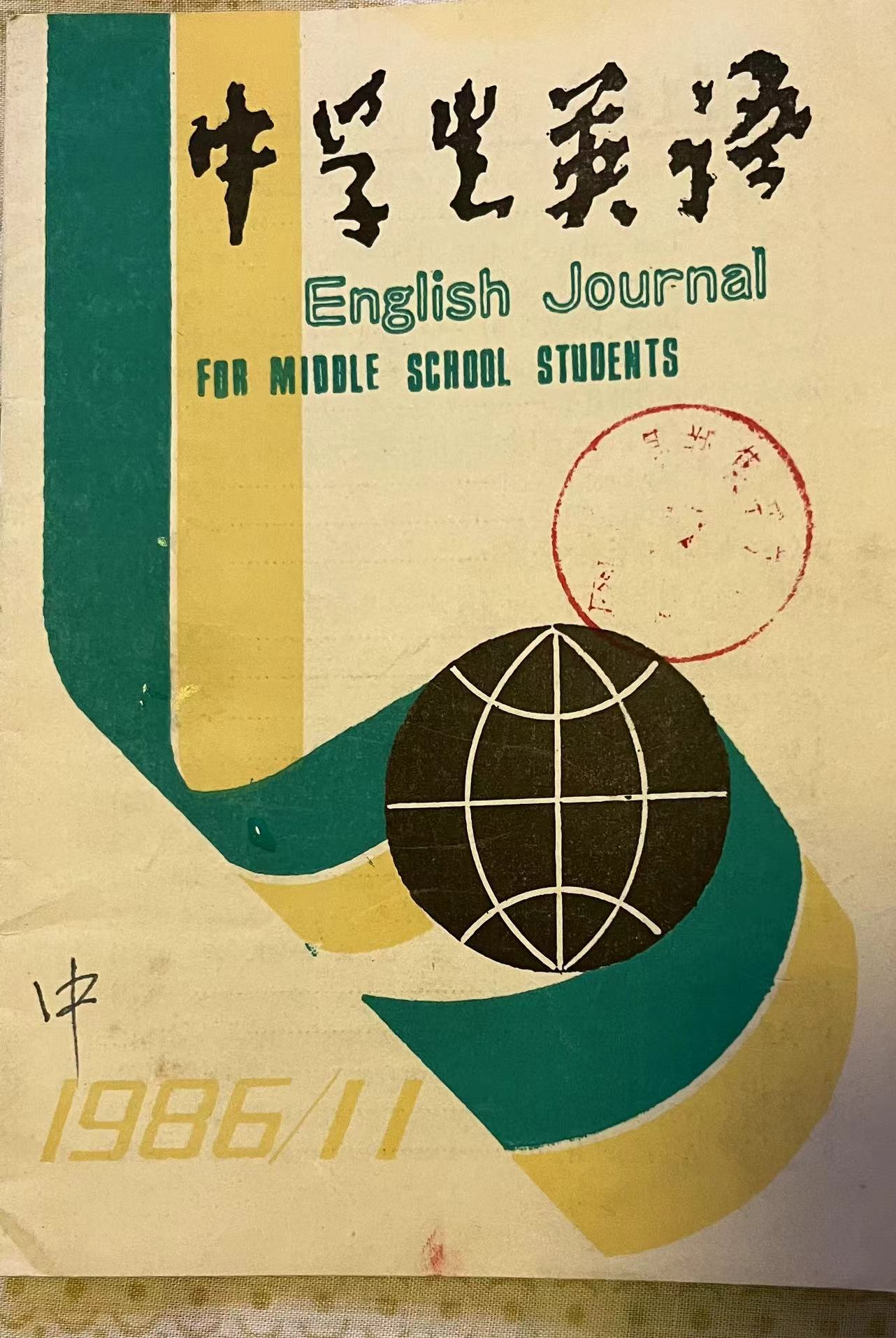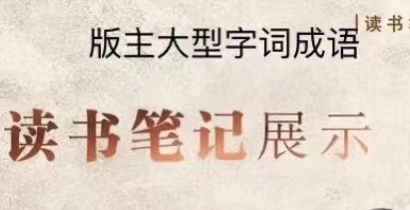Probable和Possible
江苏铜山郑集中学 宋德富
probable和possible都可以译作“可能”,粗心的问学以为它们是同义词,无需辨义。其实,这两个词几乎是反义词。
当我们认为某事“可能”发生,但并不认为此事“非常可能”发生时,要用possible,相反地,如果认为某事“很有可能”发生时则用probable,例如:
A truck is new, breakdown is possible, but not very probable.(新卡车抛锚也是可能的,但可能性不大。)
Rain is possible but not probable before evening.(下雨是可能的,但傍晚前不大可能下雨。)
probable意思是”很可能的”,表示可能性大;possible的意思是“有可能”,表示可能性小。这样,它们不是几乎成了一对反义词了吗?
与possible和probable对应的副词是possibly和probably,名词possibility和probability之间的差异也可以以此类推了。
在“Napoleon's,Three Questions”一课中既出现probably,也出现了possibly,细心的同学在单词表中可以看到probably所注的汉字是“很可能”(JB.VI,L.1);而给possibly所注的是“可能地,也许”(S.B.I L15)。下面让我们看两个例子:
Several years later they heard that Napoleon himself was coming to inspect them,and the Swede was warned that the great man would probably ask him some questions拿破仑十有八九要问他问题,可能性极大,所以用probably。
The Swede could not possibly remember all these words,and so he learnt the answers in the proper order.这个瑞典人按顺序记答语也许是他记不住,所以用了possibly。

华中师范大学外语系《中学生英语》编辑部
中学生英语11/1986









